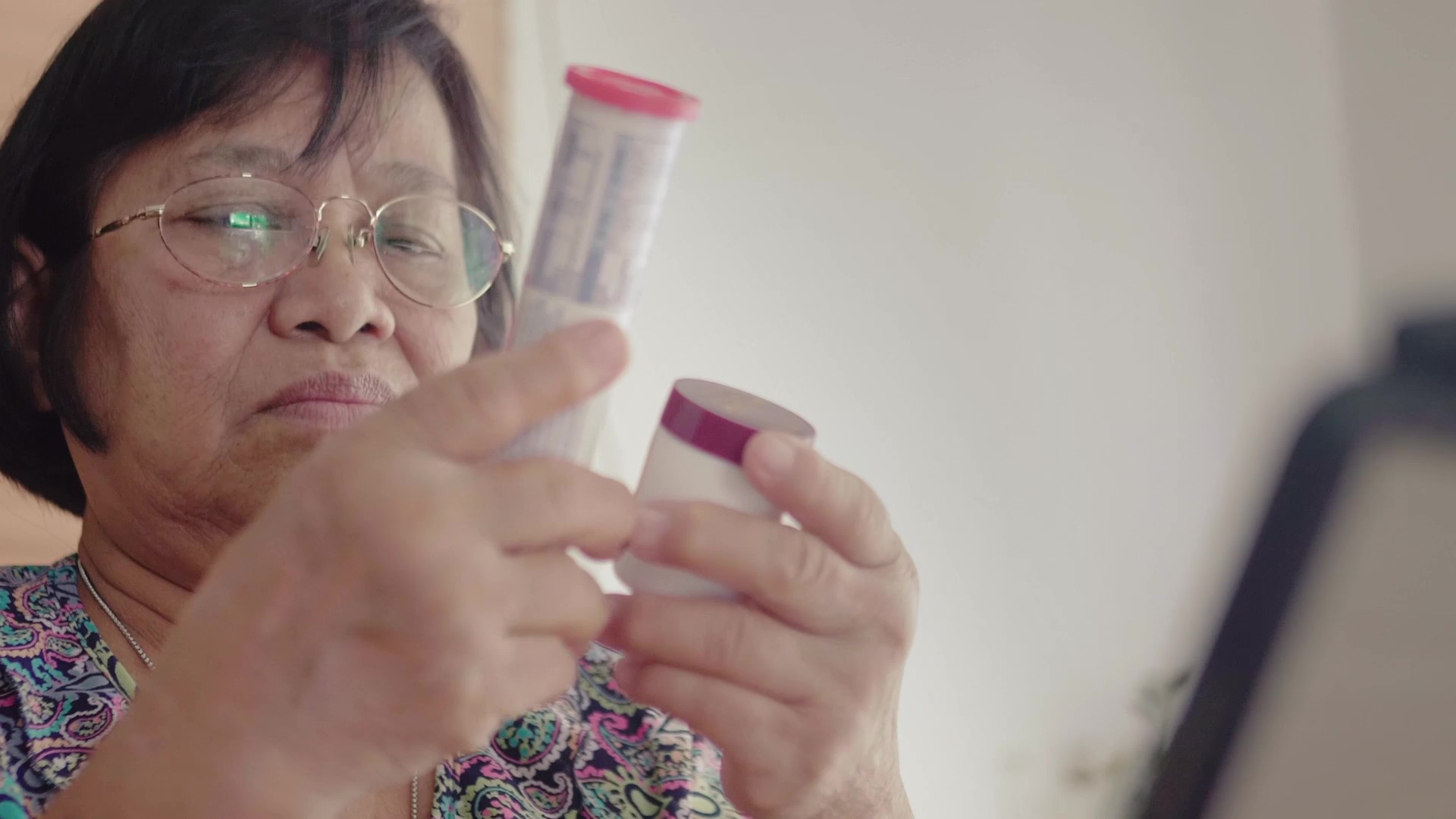Primary care is an under-studied area of health and medicine, yet has the strongest evidence for links with improved population health outcomes. When the burden of treatment outweighs a patient’s capacity to benefit, the negative effects from taking too many drugs can impact the patient’s quality of life and waste healthcare dollars. At the same time, patient preferences and priorities for medications are often not communicated and considered in decisions. Through the Team Approach to Polypharmacy Evaluation and Reduction (TAPER) program, we are assessing a structured and collaborative way to reduce the number of unnecessary medications a patient takes.
The collaborative approach involves the patient, their family doctor, a pharmacist and an online tool (TaperMD), to record information and identify possible inappropriate drugs to “pause and monitor.” TaperMD is the electronic clinical pathway for this process – it is used to record patient priorities and other information and automatically screen the medication list to flag potentially problematic medications. It provides guidance on tapering and monitoring during the “pause and monitor” phase to help the pharmacist and family doctor identify possible inappropriate drugs to ‘pause and monitor’ and records information at each step.
TAPER involves three steps:
- Gathering information from the patient to identify their preferences, priorities, and goals for treatment and their thoughts and opinion on medications and medical treatments. Outcome measures are also collected on quality of life, physical activity, sleep, pain, treatment burden, cognitive ability.
- An appointment with a pharmacist to review these, and begin developing a plan to reduce the dose and/or number of medications
- An appointment with the family doctor to adjust the plan and finalize how the medications will be monitored.
In Canada the impact of TAPER is being assessed by having one group of patients receive the program, and a second group receive usual care – this is decided randomly. A total of 360 people from three Canadian provinces who are 70 years of age or older and on 5 or more long-term medications are involved. Health outcomes such as quality of life, mobility, disease and treatment burden, nutrition, pain and sleep are assessed at the start and 6 months later to determine if (and how) outcomes have changed. We are also tracking the number and dose of medications. Interviews are being used to help us understand what the intervention is like for all participants.
TAPER is also being adapted and tested in long-term care centres, community pharmacies, and hospitals in Canada and Australia.
Program Lead
Program Team

Patricia Habran-Dietrich
BA
Administrative Assistant (on LOA)
News & Updates

TAPER RCT moving into analysis phase
Research Project Update, TAPER

Entering the final phases of TAPER study
Research Project Update, TAPER

Team Approach to Polypharmacy Evaluation and Reduction (TAPER)
Research Project Update, TAPER

Reducing harmful polypharmacy to improve patient outcomes
Research, TAPER





